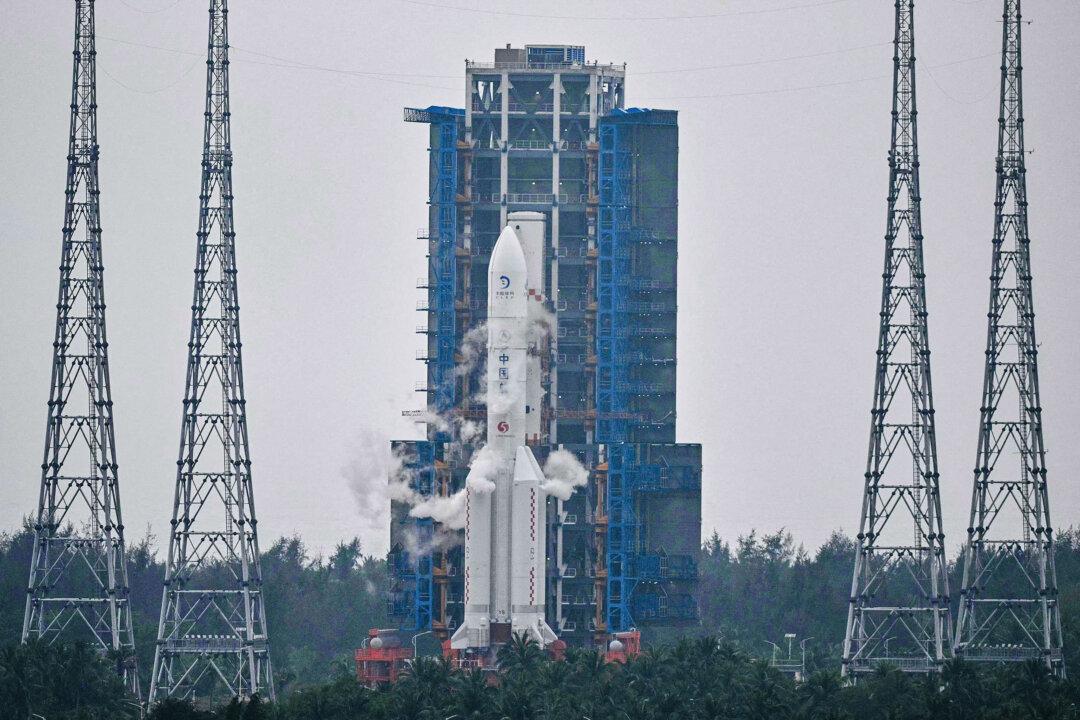Commentary
The greatest threats to U.S. national security in 2024 include terrorism, drug trafficking, the crisis at the southern border, the expansion of the Middle East conflict, a potential Taiwan war, the expansion of the Ukraine conflict, and foreign influence in U.S. elections from the Chinese Communist Party (CCP).





